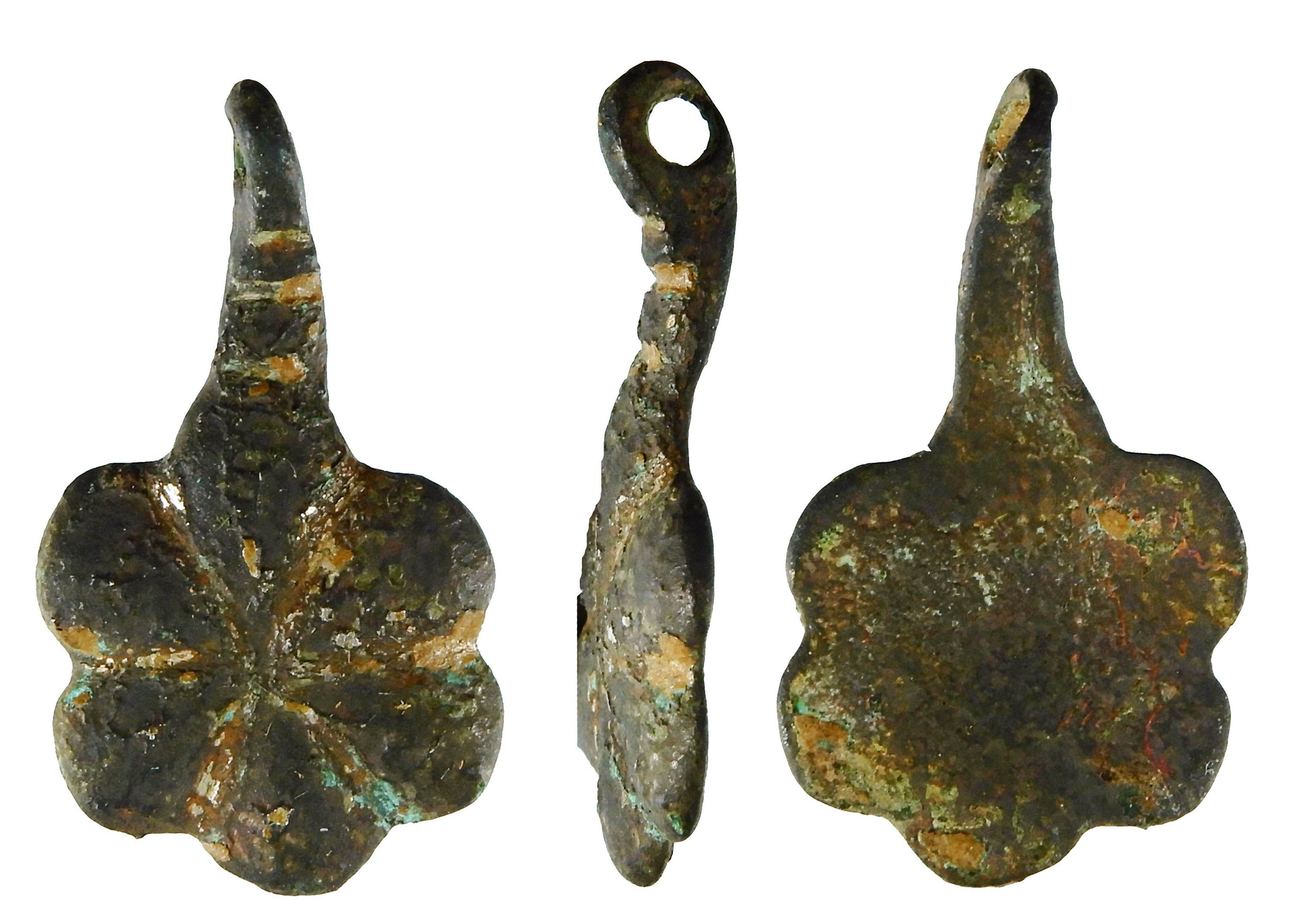Uncovered: Medieval pendant is millionth archaeological find made by the public
Nearly 50,000 were recorded in the first year of the pandemic, figures have shown.2

Your support helps us to tell the story
From reproductive rights to climate change to Big Tech, The Independent is on the ground when the story is developing. Whether it's investigating the financials of Elon Musk's pro-Trump PAC or producing our latest documentary, 'The A Word', which shines a light on the American women fighting for reproductive rights, we know how important it is to parse out the facts from the messaging.
At such a critical moment in US history, we need reporters on the ground. Your donation allows us to keep sending journalists to speak to both sides of the story.
The Independent is trusted by Americans across the entire political spectrum. And unlike many other quality news outlets, we choose not to lock Americans out of our reporting and analysis with paywalls. We believe quality journalism should be available to everyone, paid for by those who can afford it.
Your support makes all the difference.A medieval pendant has become the one millionth archaeological discovery found by members of the public, a report reveals.
Lockdown sparked a spate of archaeological finds, with nearly 50,000 recorded in the first year of the pandemic, according to the Portable Antiquities Scheme annual report launched at the British Museum.
A copper-alloy medieval harness pendant discovered in Lincolnshire became the one millionth record logged, and of the items recorded last year, more than 1,000 were treasure finds.
The number is lower than previous years as opportunities for metal-detectorists, who made 91% of the discoveries, to record their finds were limited due to lockdowns and the impact of the pandemic, the report revealed.
The finds also include a gold cross pendant with a runic inscription found in Berwick-upon-Tweed and Roman coins found in three pots in Wickwar, Gloucestershire.
Metal-detectorists discovered the coins buried in the ground, with conservational work uncovering more than 6,500 coins dating back to the 4th century AD at this previously unknown Roman site, the report revealed.
A silver, seal matrix dating to the early 13th century was discovered inscribed with the name Matilda de Cornhill. It is thought to have belonged to the wife of Reginald de Cornhill, High Sheriff of Kent and Constable of Rochester Castle.
On Tuesday, the Arts Minister, Lord Parkinson of Whitley Bay, launched the Treasure Annual Report for 2019 and the Portable Antiquities Scheme (PAS) Annual Report for 2020.
Lord Parkinson said: “Human beings have been fascinated by treasure from previous generations for centuries and these new statistics show the search for, and engagement with it, still captivates us today.
“I’m delighted that one million records of archaeological finds made by the public have now been logged. It shows the important role we all can play in protecting and cherishing our heritage.”
The PAS scheme is funded through the Department for Digital, Culture, Media and Sport’s grant-in-aid, managed by the British Museum and hosted through Amgueddfa Cymru, the National Museum Wales.
Hartwig Fischer, Director of the British Museum, said: “The Portable Antiquities Scheme is an essential part of the British Museum’s national activity, reaching out to people across the country to record their archaeological finds so that these can add to our knowledge of the past.
“If these finds are Treasure, they may benefit museum collections across England, Wales and Northern Ireland. Essential in this work is our partnerships with museums and heritage organisations across the UK, as well as those abroad where the PAS is admired and emulated.”
Michael Lewis Head of PAS and Treasure at the British Museum, said: “It is important to acknowledge the positive contribution made by metal-detectorists and other public finders across the country.
“No matter how small, or fragmentary, these finds are all part of the great jigsaw puzzle of our past.”